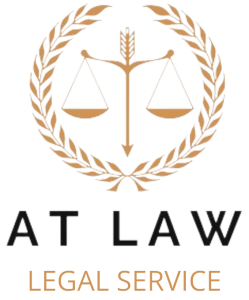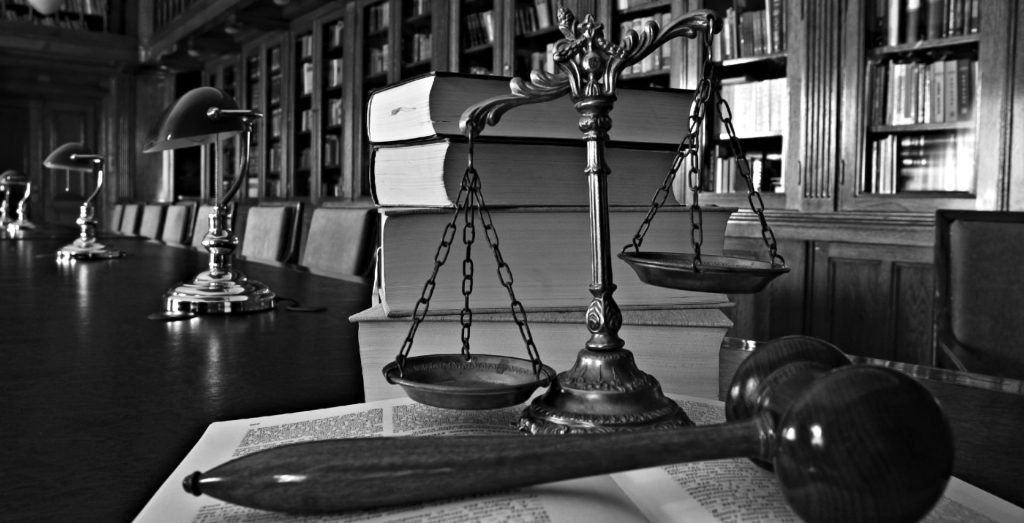Evidence plays a pivotal role in building a strong personal injury case, serving as the foundation upon which legal arguments are constructed and decisions are made. At At Law Legal Service, we understand the importance of compelling evidence in advocating for our clients and achieving favorable outcomes in personal injury claims. Here’s a closer look at the role of evidence in building a strong personal injury case:
- Establishing Liability: One of the primary functions of evidence is to establish liability, or legal responsibility, for the injuries sustained by the victim. This may involve presenting evidence demonstrating the negligence, recklessness, or intentional misconduct of the defendant. Eyewitness testimony, surveillance footage, accident reconstruction reports, and expert opinions are commonly used to establish liability.
- Documenting Injuries: Comprehensive documentation of the victim’s injuries is essential for accurately assessing the extent of harm suffered and the resulting damages. Medical records, diagnostic tests, treatment plans, and physicians’ statements provide objective evidence of the nature and severity of the injuries sustained. Photographs and videos of visible injuries, such as bruises, lacerations, or broken bones, further support the victim’s claims.
- Proving Causation: Evidence must establish a causal link between the defendant’s actions or negligence and the injuries suffered by the victim. This requires demonstrating that the defendant’s conduct was a direct and proximate cause of the victim’s injuries. Medical records, expert testimony, accident reports, and other forms of evidence help establish causation and refute any claims of preexisting conditions or intervening events.
- Demonstrating Damages: Personal injury victims are entitled to compensation for various types of damages, including medical expenses, lost wages, pain and suffering, emotional distress, and loss of enjoyment of life. Documentary evidence such as medical bills, pay stubs, tax returns, and receipts for out-of-pocket expenses quantifies the economic losses suffered by the victim. Testimony from the victim, family members, friends, and healthcare providers may also provide insight into the non-economic damages endured.
- Admissibility of Evidence: It is essential to ensure that all evidence presented in a personal injury case is admissible under the rules of evidence governing the court proceedings. Evidence must be relevant, reliable, and obtained through legal means to be admissible in court. Your attorney will work to identify and gather admissible evidence while challenging any attempts by the opposing party to introduce inadmissible evidence.
- Preserving Evidence: Preserving evidence is crucial to the success of a personal injury case. Timely documentation of the accident scene, preservation of physical evidence, and collection of witness statements help prevent spoliation of evidence and preserve the integrity of the case. Your attorney will take proactive measures to preserve and document evidence from the outset of your case.
In conclusion, evidence plays a critical role in building a strong personal injury case and securing just compensation for victims. At At Law Legal Service, we leverage our experience and expertise to gather, analyze, and present compelling evidence on behalf of our clients. If you have been injured due to the negligence of others, contact us today for a free accident related resources. We are here to advocate for your rights and help you obtain the justice and compensation you deserve.

